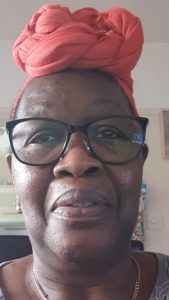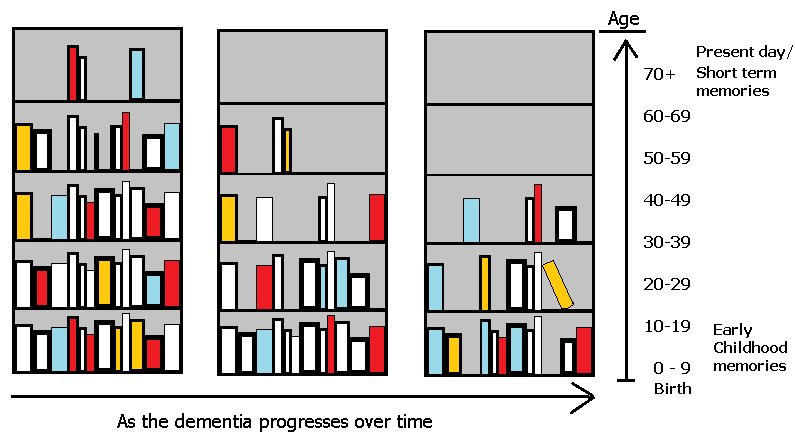In the third installment of our reflections a year on from the murder of George Floyd we share the personal reflections of Rabia Harrison - Director of Administration in The Dickson Poon School of Law. We also hear from Stephen Bach and Suzanne Marcuzzi from King’s Business School.
Rabia Harrison , Director of Administration in The Dickson Poon School of Law.
The past year has demonstrated an institution wide commitment to bringing the race conversation to the fore. We have held town hall meetings, student led conversations about race, an openness to hear different perspectives and a real recognition for the disparities that the organisation still has when it comes to representation and employment. I have taken very seriously my own personal duty to reinforce conversations relating to race and have taken a much greater lead in highlighting specific instances where the relevance of race has either been overlooked or been overtly denigrated. King’s has proven that it is ready to listen. It is time to respond.
A month ago I decided to share my personal story with my faculty. It was an emotional piece about my lived experience as a British Muslim Pakistani girl growing up in an overtly racist area and my observations and encounters during my career. I shared the piece because I knew that there were many colleagues in the same position as me who have for such a long time buried the hurt they have experienced and because there are also many colleagues who simply do not know the lived experience of a person of colour. I was struck by how shocked the latter group of colleagues were upon hearing the reality of the day to day challenges a person like me has experienced. Certainly, the power and significance of conversations such as these should make a change. And yet, the experience of sharing has left me exposed with a vulnerability and open wound that is calling for a much greater commitment than simply being heard. The more we speak about the race issues that exist, the more we surface the painful and intolerable encounters our BME community have suffered. We are now at a crucial intersection and our next steps will not only define our position in the race debate but will also demonstrate to our community that we have listened, understood and are ready to make the right change.
Stephen Bach & Suzanne Marcuzzi, King’s Business School.
While it has been a year since the death of George Floyd, the impact and immediacy of his killing have not faded. We could feel the legacy of his violent death, and the racially-motivated violent deaths of so many others before and since, permeating many aspects of our lives and the lives of those in the business school community of staff, students and partners over the last twelve months.
Within the business school we have sought to listen, supporting conversations on race for our staff and students and hosting a panel talk ‘Business is Black’ to celebrate black voices in education and academia, but also to hear about the challenges our colleagues face because of explicit and implicit bias. We are now moving from conversation to action, having introduced a widening participation programme for students from our local boroughs, reviewing our hiring practices and the language in our adverts and on our website, exploring development and mentoring opportunities for our black and minority ethnic colleagues, and participating in the excellent More than Mentoring scheme ourselves.
There remains much more to be done, and one important step is the recruitment of a Reader in Diversity and Inclusion to help us to draw upon the latest research to shape our approach to equality, diversity and inclusion. Our hope is that the Business School is a place which not only tolerates but celebrates diversity, in all its forms, and provides the appropriate support for staff and students to achieve their goals and to be their authentic selves at King’s.

